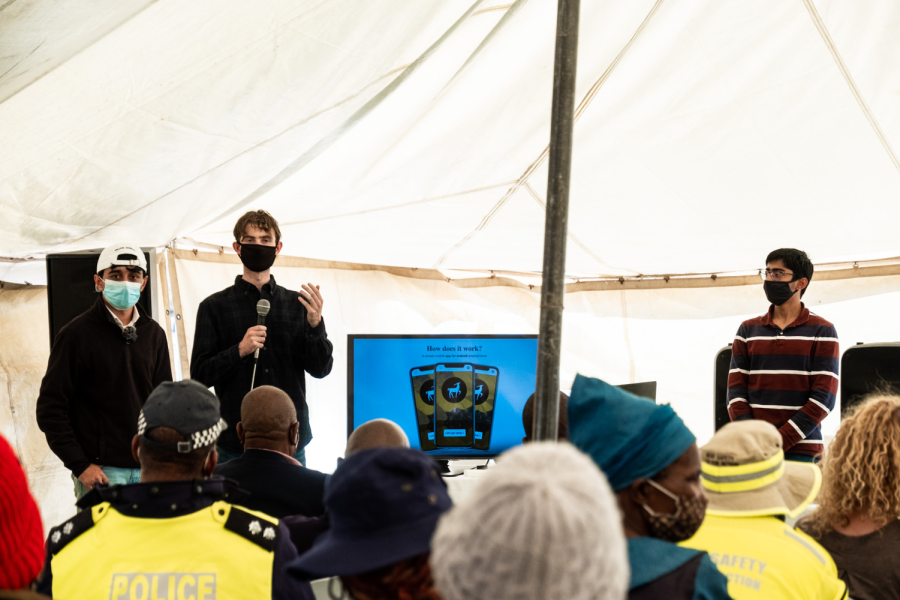UT student startup creates sustainable land management app
November 2, 2022
A team of UT students and two geography professors created an app for ranchers in Botswana to sustainably manage and optimize their land use.
Gazelle Ecosolutions CEO Amod Daherkar said about 70% of unprotected land in Botswana is classified as rangeland, on which people can freely graze their livestock. But due to a lack of means, technology or educational background for grazers to calculate the carrying capacity of their land, he said overgrazing is a rampant problem in the country. This damages the environment and grazers’ profits in the long run, he said.
“Somebody goes to the land and takes a couple of easy to measure parameters,” said Thoralf Meyer, who worked with the students to form the startup. “You essentially look at how much grass is there, what’s the condition of the grass, what’s the kind of grass. … You can essentially extrapolate how many grass-eating animals you can feed.”
Geography professor Meyer said he conducted research on livestock grazing in Botswana and various parts of Africa for over 20 years. So when a group of students approached him in January about working on a sustainability project, he gave them the idea of developing a tool that would help cattle ranchers calculate sustainable carrying capacity and improve land optimization, he said.
“There’s 1.7 smartphone connections per capita in Botswana …” said Daherkar, a finance and history junior. “You have an average cattle rancher that’s about 24 years old, who has a smartphone. Most of the country has broadband access, so it’s a perfect recipe to introduce a tech-focused solution.”
Daherkar said Gazelle will offer its land management app for free by selling carbon offsets to companies, which are projects that promote a sustainable practice while avoiding emissions. In the summer, three of the student team members traveled to Botswana to collect field measurements and set up the first carbon offset project.
“We will be issuing carbon credits this December, and they’ll be debuting across a few international platforms that have agreed to list our credits on their stock trading platforms,” Daherkar said. “We currently have about 10 cattle ranchers who have access to our app in Botswana (with) land covering a little over 200,000 hectares of pasture land, and we hope to dramatically grow this next year as we scale to more cattle ranchers, while also simultaneously adding new carbon offset projects to our portfolio.”



